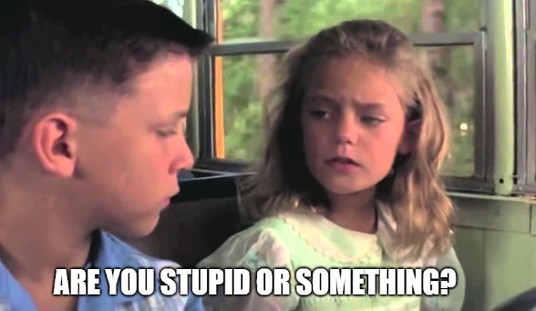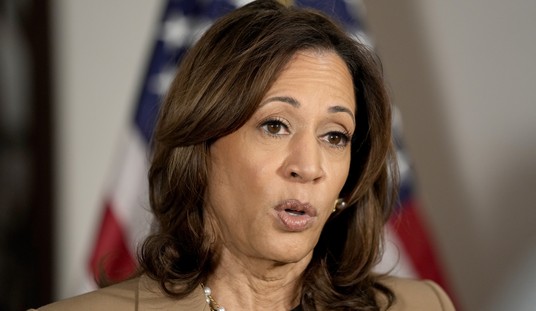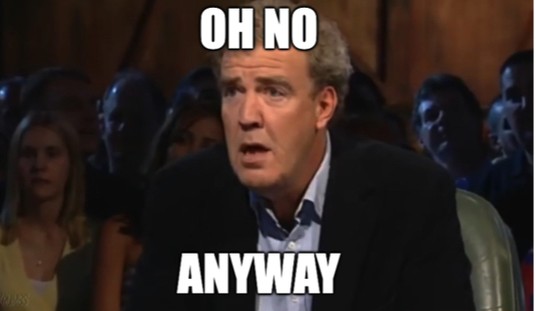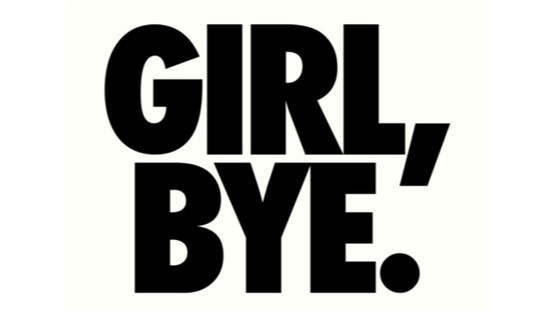If you haven’t yet heard about the 1619 Project, it’s “a major initiative” by the New York Times Magazine that seeks to examine our country’s history as if it began in 1619, the year the first slave ship arrived in Virginia. It’s a provocative idea, but, as National Review’s Jim Geraghty points out, this ambitious attempt to “reframe American history” omits some pretty significant African American historical figures:
In the 1619 Project, Crispus Attucks is mentioned three times, but he is, as far as I can tell, the lone black revolutionary war combatant mentioned. https://t.co/BzdMXrenZ3
— Jim Geraghty (@jimgeraghty) August 20, 2019
Perhaps no near-100-page collection of essays, poems and photos could cover every significant figure in African-American history, but the number of prominent figures who never get mentioned or who get only the most cursory treatment is pretty surprising.https://t.co/BzdMXrenZ3
— Jim Geraghty (@jimgeraghty) August 20, 2019
The 1619 Project does not mention the U.S. Colored Troops – about 179,000 black men, almost 10 percent of the entire Union army — nor the Buffalo Soldiers.https://t.co/BzdMXrenZ3
— Jim Geraghty (@jimgeraghty) August 20, 2019
The seven times African-American soldiers mentioned, they are generally described as victims who have merely shifted from one system of subjugation and exploitation to another.https://t.co/BzdMXrenZ3
— Jim Geraghty (@jimgeraghty) August 20, 2019
No mention of the Harlem Hellfighters fighting in WWI, and no mention of Dorie Miller’s heroism at Pearl Harbor. The horrors of the Tuskegee Study of Untreated Syphilis in the Negro Male are discussed, but the Tuskegee Airmen are never mentioned.https://t.co/BzdMXrenZ3
— Jim Geraghty (@jimgeraghty) August 20, 2019
In the reframing of the 1619 Project, African-American success stories disappear. No mention of Jesse Owens, no Jackie Robinson, no Katherine Johnson, Dorothy Vaughan, and Mary Jackson, no Wilberforce University in Ohio.https://t.co/BzdMXrenZ3
— Jim Geraghty (@jimgeraghty) August 20, 2019
Recommended
Frederick Douglass is mentioned twice. W.E.B. du Bois is quoted once. Thurgood Marshall is mentioned once.https://t.co/BzdMXrenZ3
— Jim Geraghty (@jimgeraghty) August 20, 2019
Harriet Tubman is never mentioned. Nor is Booker T. Washington nor is Bishop Richard Allen, who founded the African Methodist Episcopal Church (AME), the first independent black denomination in the United States.https://t.co/BzdMXrenZ3
— Jim Geraghty (@jimgeraghty) August 20, 2019
Abolitionist Sojourner Truth, Shirley Chisom (the first black woman elected to the U.S. Congress), Benjamin Oliver Davis Sr. (the first black general for the U.S. Army), Ida Wells (a journalist who documented lynchings and co-founded the NAACP)…https://t.co/BzdMXrenZ3
— Jim Geraghty (@jimgeraghty) August 20, 2019
…Duke Ellington, and Rosa Parks are never mentioned.https://t.co/BzdMXrenZ3
— Jim Geraghty (@jimgeraghty) August 20, 2019
How does ignoring the contributions and historical significance of people like Crispus Attucks, Harriet Tubman, and Frederick Douglass paint a full picture of the African American experience? Their triumphs have a legacy, too.
Would the country as a whole be better off with a greater understanding of slavery and its legacy in American history? Absolutely. (The country would be better off with more understanding of just about any chapter of American history.) https://t.co/BzdMXrenZ3
— Jim Geraghty (@jimgeraghty) August 20, 2019
You could argue that the essays are so wedded to a narrative of white brutality and black victimhood that they seem to fear that spotlighting any example of a successful African-American defiance of oppression would undermine their argument.https://t.co/BzdMXrenZ3
— Jim Geraghty (@jimgeraghty) August 20, 2019
I don’t know if you really help foster a better understanding of American history if you “reframe” our national story in a way that leaves out or downplays all the figures who overcame that racist oppression and brutality. https://t.co/BzdMXrenZ3
— Jim Geraghty (@jimgeraghty) August 20, 2019
Well said. You can read Geraghty’s full piece here.
























Join the conversation as a VIP Member